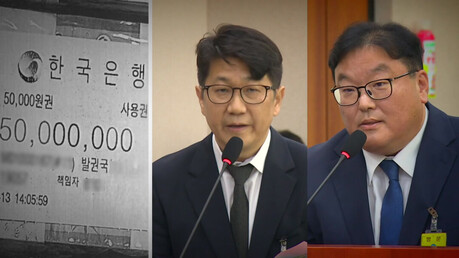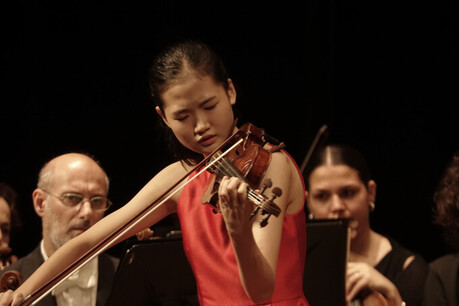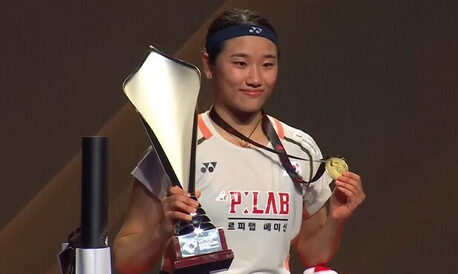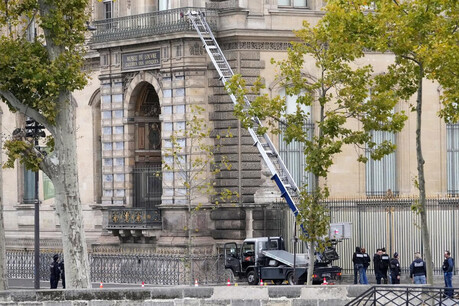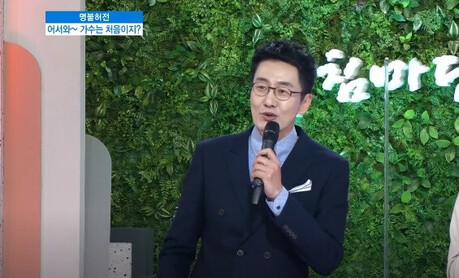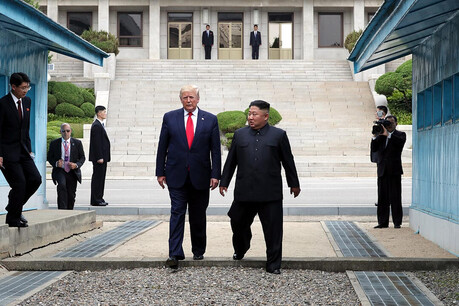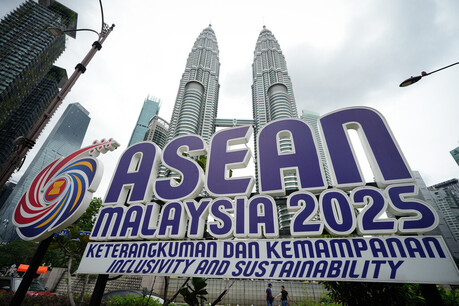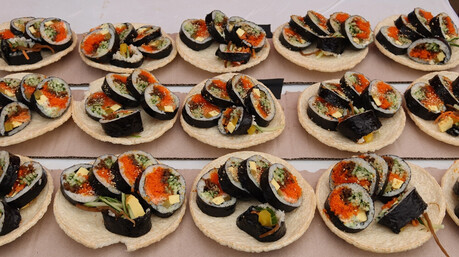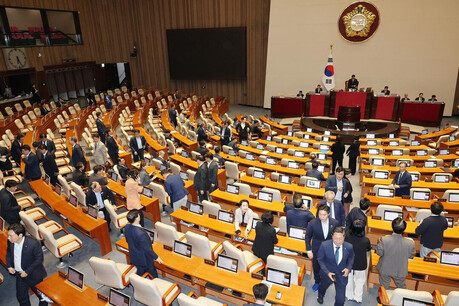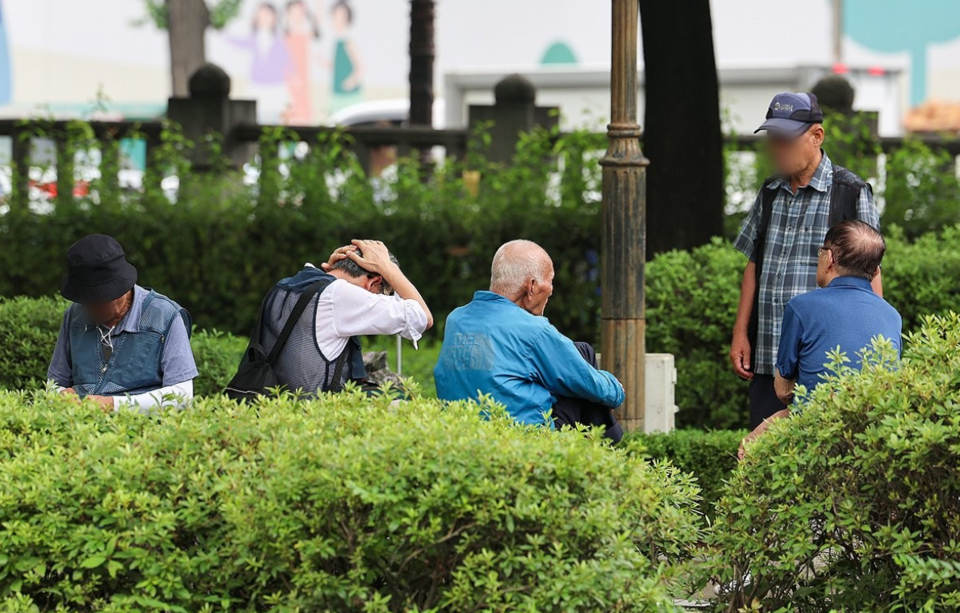
The government is introducing ‘Silver Stay’, a senior residence for middle-class seniors. It is a rental housing aimed at those who have a high level of income and assets to enter the public-run senior welfare housing, although it is burdensome to enter the expensive silver town run by the private sector. Unlike existing public welfare housing for the elderly, people who own their own homes can also move in.
The Ministry of Land, Infrastructure and Transport announced on the 29th that it will announce the legislative notice of amendments to the enforcement ordinance and enforcement rules of the ‘Special Act on Private Rental Housing (Private Rental Housing Act)’ to introduce Silver Stay from the 30th. Silver Stay is a new type of publicly supported private rental housing where seniors aged 60 or older can live there for more than 20 years and receive services such as safety checks, emergency safety, meals, and living support.
Currently, the senior residence market is divided into expensive Silver Town (senior welfare housing) operated by the private sector and welfare housing for the low-income senior citizens operated by the public. The supply itself is also insufficient. As of last year, 9,006 senior welfare homes and 3,956 senior welfare homes were supplied, which is enough to accommodate 0.12% of the total elderly population. Accordingly, the government's plan is to increase facilities for middle-class seniors who have been in a blind spot.
To this end, the Enforcement Decree and Enforcement Rules of the Private Rental Housing Act will be partially revised. Silver stays are provided first to those who do not own a home, but those with homes are allowed to move in only to the remaining households. After creating a complex that mixes public-supported private rental housing and Silver Stay, public-support private rental housing will be provided first to the children of Silver Stay residents (direct descendants who do not own a home). The goal is to create an environment where people can live together with their families in the same complex.
As it is a facility targeting middle-class seniors, the rent may be higher than that of existing public welfare housing for the elderly. Currently, rents for private rental housing with more than 100 households cannot be increased beyond the rate of change in the housing price index. However, since Silver Stay is a facility that requires a long-term lease of 20 years or more, it was decided to lift this restriction. A new basis for separately charging meal and living support service fees will also be established.
The initial rent is calculated at 95% of the existing senior residence market price, and a 5% increase limit is applied. Senior residences currently operated by the private sector range in price from 200 million to 1 billion won in deposit and 2.3 to 4.6 million won in monthly rent. An official from the Ministry of Land, Infrastructure and Transport said, “We will calculate the market price by finding the average gap between the rental price of senior residences and general housing in metropolitan cities and provinces and applying this to the rental price of houses near Silver Stay.”
The government will launch a public offering for a pilot project in December after revising subordinate laws of the Private Rental Housing Act. The Korea Land and Housing Corporation (LH) is first reviewing a ‘housing land contest’ method to recruit private businesses to build and operate a silver stay building on public housing land secured by LH. Pilot operators are given tax benefits such as acquisition tax and property tax reduction and exclusion from comprehensive real estate tax. Financial support, such as investment and loans from the Housing and Urban Fund, is also provided at the level of public support private rental.
[Copyright (c) Global Economic Times. All Rights Reserved.]
















